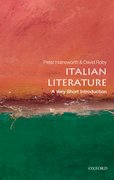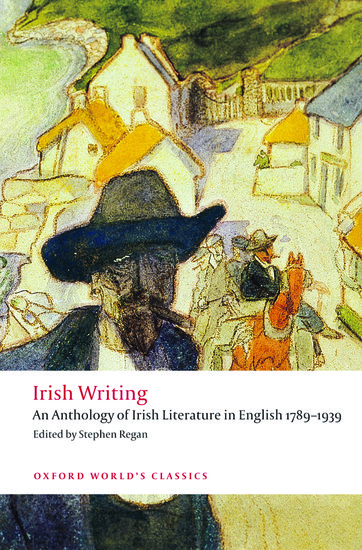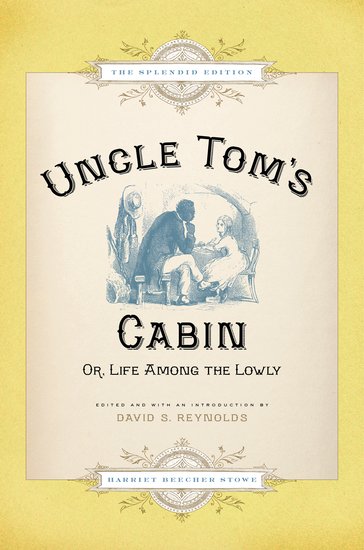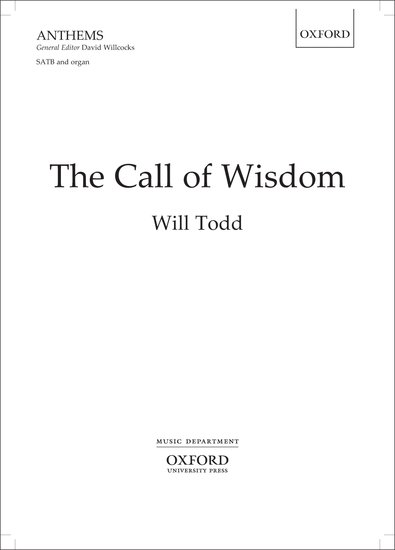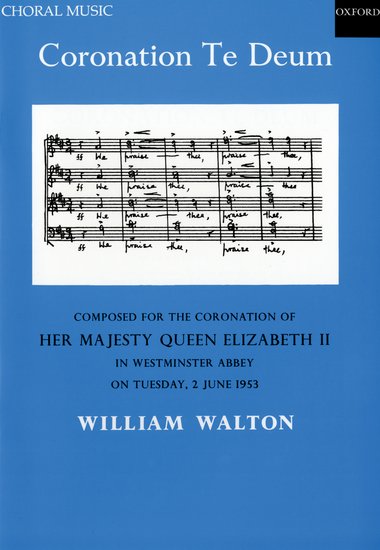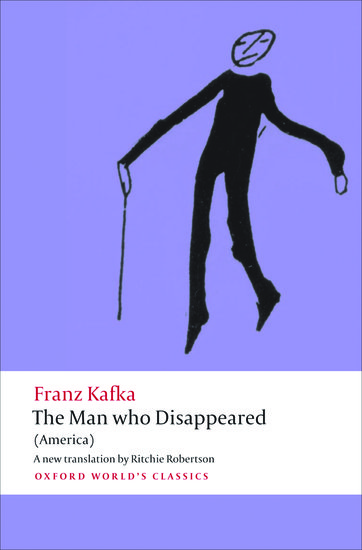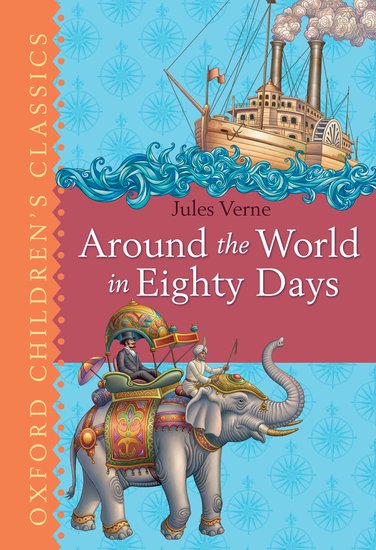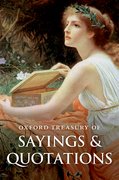From Dante to Umberto Eco: why read Italian literature?
By Peter Hainsworth
Most English-speakers who read literature have heard of Dante. Eliot, Pound and a host of other modern poets, critics and translators have made sure of that, though it’s a moot point whether many readers have followed Dante very far out of his dark wood. When it comes to other classic Italian writers, the darkness thickens.

